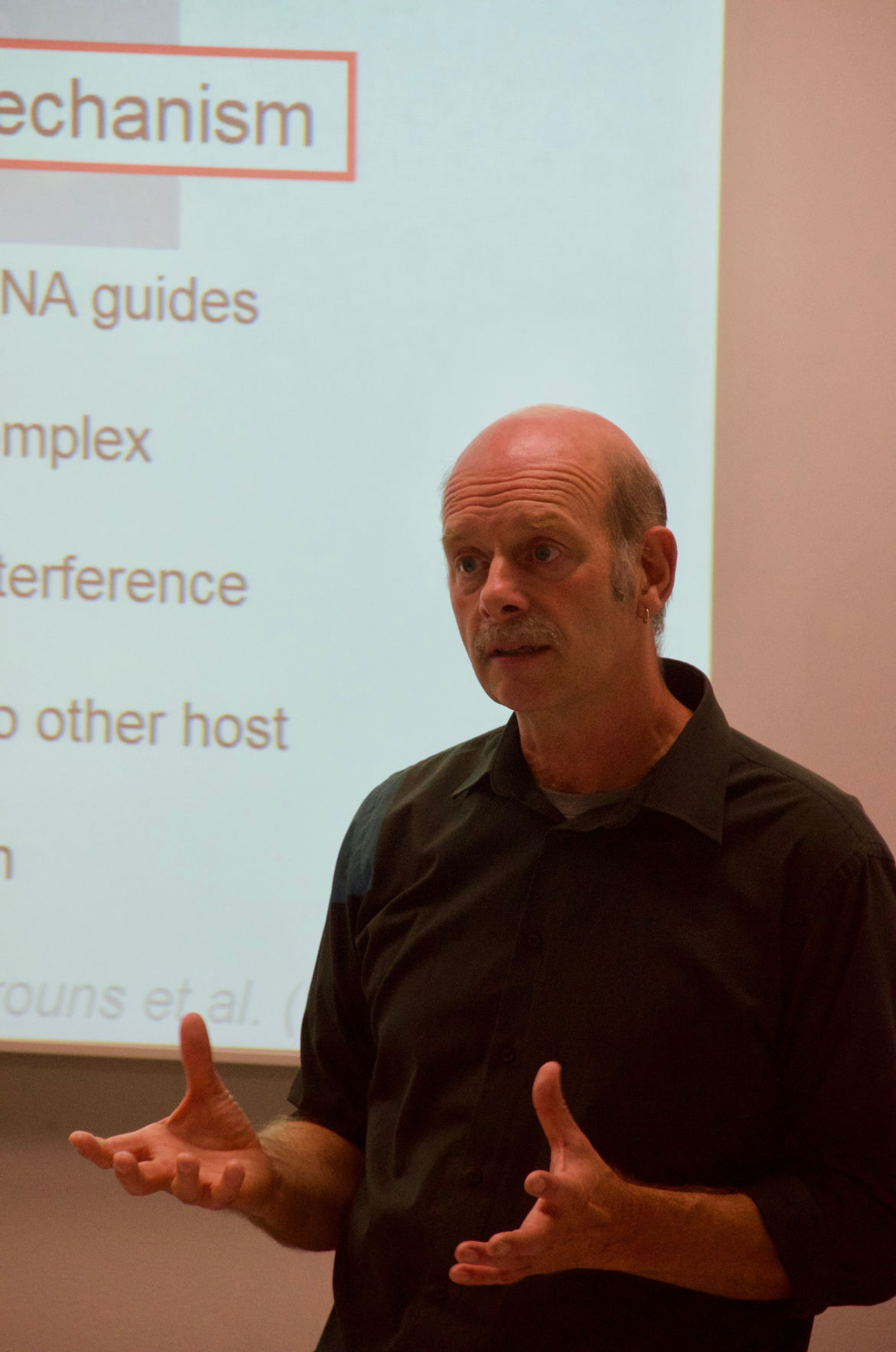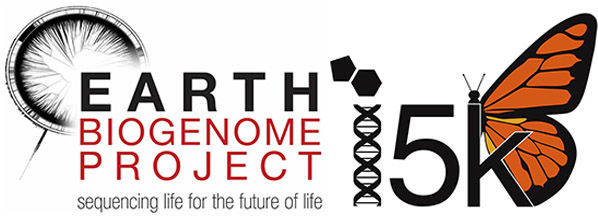Gene editing, although researched by many scientists in Europe, is considered controversial. The Court of Justice of the European Union recently ruled organisms obtained by mutagenesis are Genetically Modified Organisms and will be subject to the laws made for GMOs.
John van der Oost, microbiologist at Wageningen University in the Netherlands, has been studying gene editing since 2002. “WU research has shown the genes of viruses can have fragments edited to help with immunity against the viruses,” van der Oost said. “This research can also help us carry out specific editing of genomes to change part of the DNA to prevent diseases, viruses and mutations.”
Van der Oost said the easy part is finding the gene causing the problem, but then the difficult part is repairing the system and getting the DNA back together and activating the gene again.
Gene editing works by first identifying a targeted DNA strand for a specific trait or disease. A specifically designed synthetic guide molecule finds the target DNA strand, then an enzyme cuts off the target DNA strand and replaces it with a healthy one.
“Editing genes is a cheaper, faster and more accurate way to repair a problem,” van der Oost said. “This speeds up the evolution of a gene, but we still need to be accurate. The process has been successful in bacteria, fungi, algae and plants. We continue to do research in hopes of finding a cure for some human genetic diseases.”
The EU made judgment on how to treat gene editing on July 25 in Luxembourg. The ruling states, “Organisms obtained by mutagenesis techniques which have conventionally been used in a number of applications and have a long safety record are exempt from those obligations, on the understanding that the Member States are free to subject them, in compliance with EU law, to the obligations laid down by the directive or to other obligations.”
Several international agriculture companies released statements on the ruling. József Máté, corporate communications leader at Corteva Agriscience, said the court decision was a “bad day” for the EU agri-food sector.
“While we certainly need more time to carefully analyze the potential impact of the ruling, it is obvious that subjecting plants obtained through using the latest plant breeding methods to the GMO legislation of the EU will prohibit European consumers, producers, researchers, entrepreneurs from accessing the benefits of these innovations,” Máté said.
BASF all but ruled out pursuing genetic plant breeding at home after the EU ruled the technology should be regulated like GMOs.
“As we run a global platform, it would mean that basically these applications of these instruments would not be used in Europe and Germany. So overall, that does not impact us as a company too much, but as a European, I’m worried about what that means to the Europeans,” Martin Brudermueller, BASF chief executive officer, said.
Charlie Arnot, CEO of the Center for Food Integrity, said once gene editing is widely recognized and society realizes the implications it can have on human health, and plant and animal production, it should become accepted.
“The acceptance of promising innovations like gene editing hinges on how agriculture and technology developers approach the conversation—now and in the long run,” said Arnot. “Without a doubt, gene editing can deliver significant benefits and solve challenges in society and food production. It is imperative that those using gene editing work to earn the trust of consumers and food system stakeholders so these benefits can be realized.”
The Coalition for Responsible Gene Editing in Agriculture has been established to provide communication materials and training to people in research, developing and communicating about gene editing in food and agriculture.
“The steering committee will work to develop a framework that can provide assurance to the food system and other stakeholders that those using gene editing within the framework are doing so responsibly,” Arnot said. “The framework will provide an opportunity for those engaged in gene editing to demonstrate their commitment to values that build trust.”
Arnot said gene editing holds tremendous potential to benefit society through genetic improvement that can increase the sustainability of food production, improve the nutrition and quality of food, improve disease resistance for plants and animals and enhance productivity for farmers around the world.
Van der Oost stays positive about the research and said he’s extremely excited to find out why bacteria defends itself against viruses.
“I’m pretty sure this gene editing technology will change the world,” van der Oost said.
Jennifer Carrico can be reached at [email protected].


